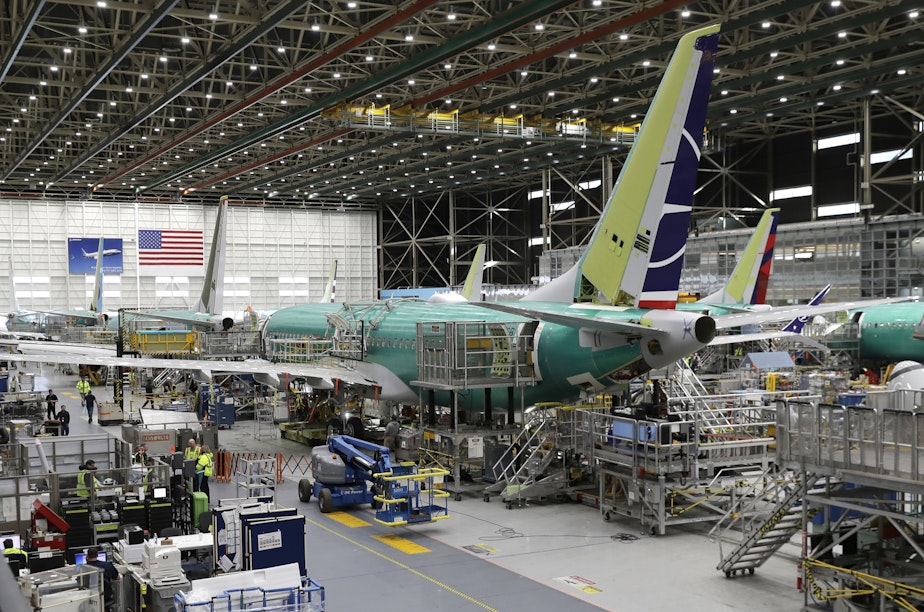FAA believed 15 Max planes would crash, but let them fly anyway

The head of the Federal Aviation Administration Steve Dickson is charged with restoring trust in the FAA.
But during testimony at a congressional committee hearing, more information surfaced about the FAA's role in failing to ground Boeing's 737 Max sooner.
Dickson was asked about the latest document to surface: an FAA analysis written in December 2018, after the Lion Air crash but before the Ethiopian crash. It said the MCAS automated system could cause 15 planes to crash over the life of the Max.
Still the plane was allowed to continue carrying passengers. Dickson said the agency was trying to fix the plane without grounding it.
The focus then was on "a very aggressive time frame in terms of the software modification," he said.
Congressman Mark Meadows (R- N. Carolina) challenged that.
"Nothing you just said provides a reason why a person should have felt safe stepping onto a 737 Max when the FAA was in possession of that information," he said.
Sponsored
The committee also heard from a former Boeing operations manager, Edward Pierson, who asked the FAA to halt the Max production line before the crashes.
Pierson told the committee he was concerned about high worker overtime, quality control problems and out-of-sequence work. He said he had never seen the 737 production line in Renton in such disarray.
The Lion Air plane, he said, was produced in this period. Trouble with a sensor on that plane was part of the chain of events that led to its crash.
Production on the line did not stop after Pierson sounded the alarm. Under questioning, the FAA's Dickson said the agency still had not interviewed the now-retired operations manager.
Pierson also testified that he reported his concerns to Boeing CEO Dennis Muilenburg, who handed the issue to legal counsel.



